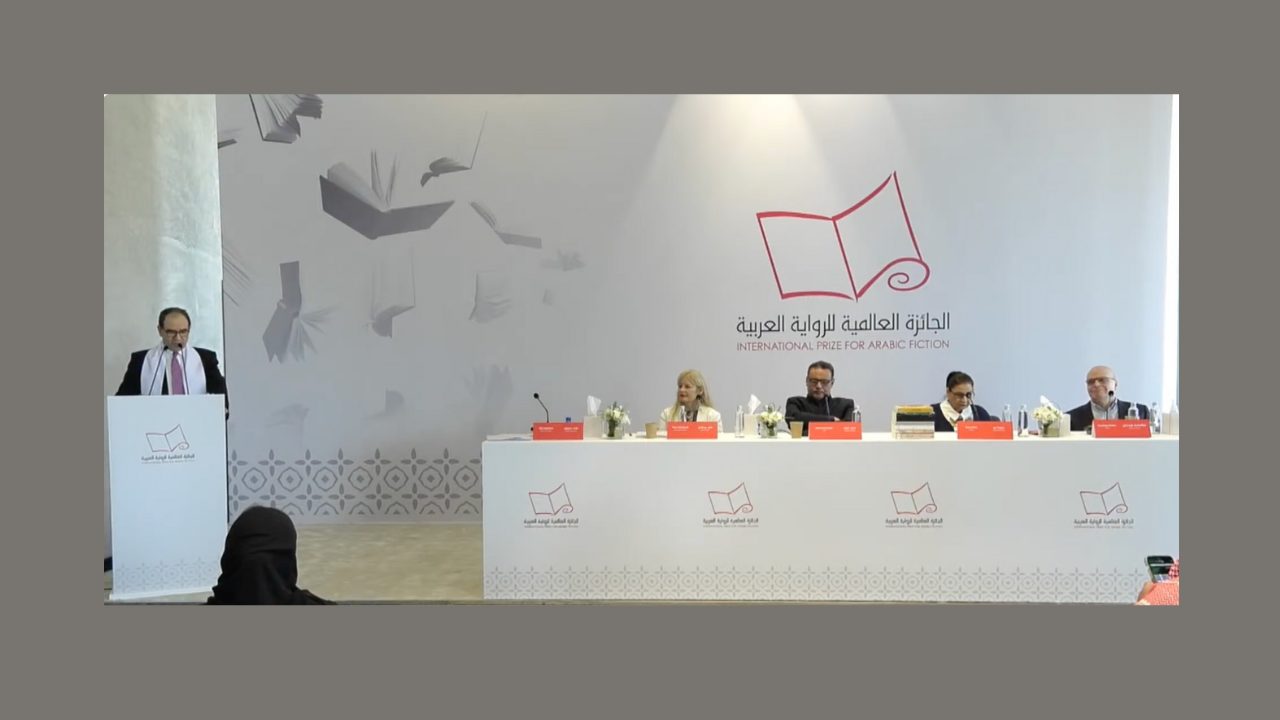Two Palestinian Novels Make 2024 International Prize for Arabic Fiction’s 6-Book Shortlist
FEBRUARY 14, 2024 — The shortlist of the 2024 International Prize for Arabic Fiction was announced today, at a press conference in Riyadh. The six-book shortlist was announced by this […]



